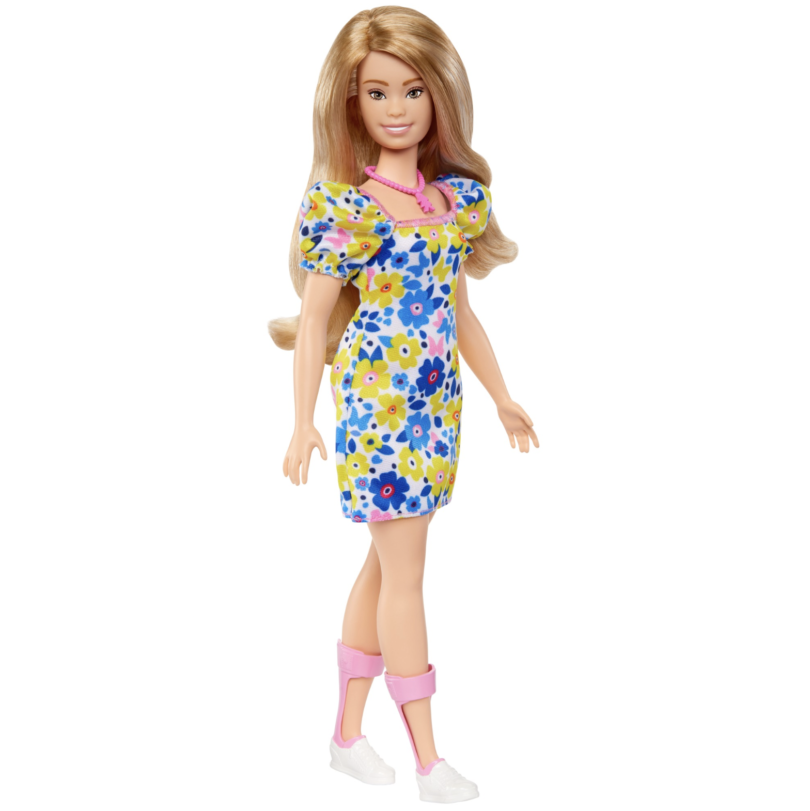Toy maker Mattel has launched a new barbie doll with Down syndrome.
The company worked with the National Down Syndrome Society in the United States to ensure it accurately represents someone with Down Syndrome.
Down Syndrome Australia CEO, Darryl Steff, has welcomed the additional Barbie and believes the new addition is a positive move by the company.
“It’s vitally important to have toys that represent the diversity that we see in our broader society and our community. It just helps children and their parents to reflect and understand that this is the society that they’re growing up in.”
“We’d hope that would lead to a broader acceptance of difference,” he said.
Mattel consulted with the NDSS and medical professionals across the United States to guide the design and modelling process. The dolls dress features blue and yellow flowers and butterflies, colours and symbols representing Down syndrome awareness.
Tony Newton, co-director of The Right Start Foundation, has also praised the arrival of the new Barbie and believes the production of the doll is “incredibly important.”
“With the shortened stature, the almond eyes and the bridge of the nose, considering a Barbie doll isn’t exactly an accurate representation of a person without a disability… it’s a fairly accurate toy for kids to use.”
“Having that extra broad representation is an excellent start,” he said.
Tony noted that while this production of the Barbie is a step in the right direction in providing children with diverse representation, it is still a slow process.
The Right Start Foundation was founded in 2010 by a group of parents whose children have Down syndrome. The charitable organisation aims to raise awareness about Down syndrome, provide a support network for families and offer assistance to help children with Down syndrome lead rewarding lives.
The Right Start Foundation is working to make inclusivity commonplace through a set of free to use lesson plans and an educational video for primary school aged children and their teachers to learn about Down syndrome.
A comic based version has been made specially for the deaf community and the organisation has incorporated resources for parents of children with Down syndrome.
In a statement released by Mattel they said the company’s goal is to “enable all children to see themselves in Barbie, while also encouraging children to play with dolls who do not look like themselves.”

